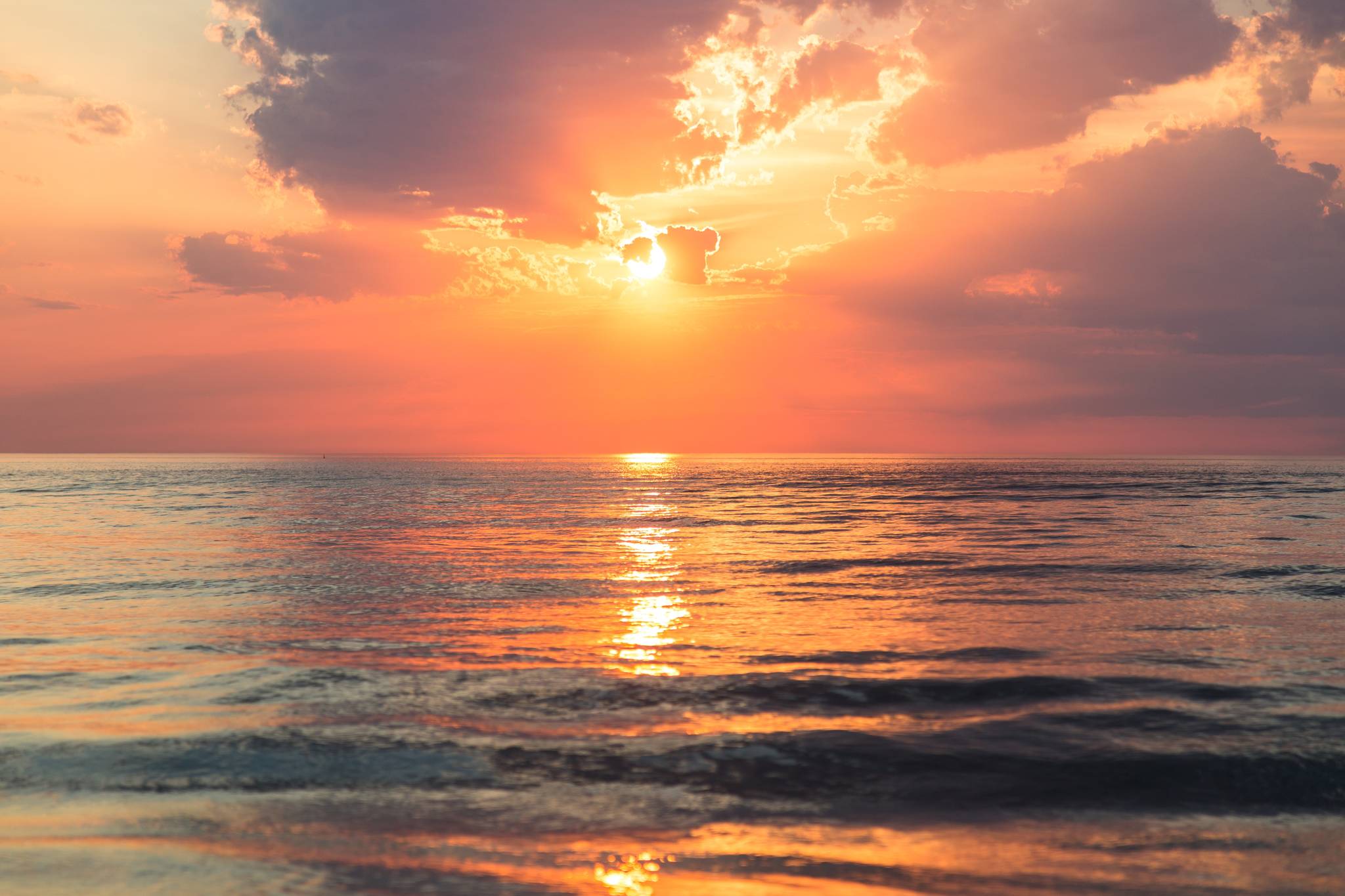“The coronavirus pandemic is pushing America into a mental health crisis” a headline read in the Washington Post Last Week. That’s because last month a “federal emergency hotline for people in emotional distress registered a more than 1,000% increase” over the amount of calls received in April 2019. The story also reported that nearly half the people polled by the Kaiser Family Foundation believe it’s causing harm to their mental health.
That first statement sounds like a serious problem. I want to focus on the second though, because some psychological disturbances are the admission fee for being fully alive.
Two mental health experts that reviewed the Kaiser poll weren’t surprised by its findings. Joshua Gordon, the director of the National Institute of Mental Health, stated “it’s normal for people to be anxious and worried amid a highly disruptive health emergency that is shot through with uncertainties.”
Around the same time the poll was published, an article by novelist R.O. Kwon appeared in the New York Times. She wrote about grieving “how much has already been lost, and how much more we’re likely to lose.” To try to understand a path through it, she spoke to Megan Devine, a psychotherapist and author of the book “It’s OK That You’re Not OK: Meeting Grief and Loss in a Culture That Doesn’t Understand.”
“As a culture, we don’t talk about grief,” she told Kwon. “We don’t make space for sadness.”
That’s often because such a conversation “tends to make us feel helpless, and nobody likes feeling helpless.” It leads people to try to help “to make the other person’s pain go away.”
In other words, we’re trying to solve our issue, which makes one problem where there was none.
Devine believes grief “is simply love in its most wild and painful form, … a natural and sane response to loss” that “no more needs a solution than love needs a solution.”
For eight years Devine had a successful private psychotherapy practice. But she gave it up the day after watching her partner drown in 2009.
“Back then” she writes on her website “there were very few people talking about grief as anything other than pathology or some unfortunate thing you just had to shake off and get back to your normal, happy life.” So she redirected her energy to develop an empathetic form of grief support.
Seven years later, she described a subtle sadness “running alongside the goodness in my life.” It’s about wishing she could talk with her partner about the life they had together and how hers has evolved since he died.
Some might interpret that as refusing to let go, but I think knowing that kind of sadness is a gift. Because not to would mean the love she shared wasn’t deep or meaningful.
I first became aware of the intrinsic beauty of sadness following a much gentler sense of loss when I moved across the country 40 years ago. Saying goodbye to my parents and siblings was hard, especially when my mother and a younger sister began to cry.
I drove off with Clay, a college classmate. We spent the first night at his mother’s home on Cape Cod. The farewell remained heavy on my heart that night and through the two days of almost nonstop driving. Clay knew it was bothering me but never said a word.
The third morning I awoke to the sun rising as we traveled alongside the Mississippi River. It seemed to lift the melancholy mood off my shoulders. “You’re lucky,” Clay said in response to my apology for not being good company. “My mother didn’t even bother to say goodbye.”
Over the years, that insightful moment allowed me to cultivate a relationship with sadness that helped me move comfortably through the pain of other losses and a serious bout with depression. It’s a companion now that seems to be easing the anxiety of wondering if I’ll see my 90-year-old mother again. And what the future holds for my own children.
In a world anxious to resume what we remember as our normal way of life, accepting the uncertainties created by the pandemic can be a lonely place. But I certainly wouldn’t say being at peace with the large dose of sadness it’s brought is harming my mental health.
• Rich Moniak is a Juneau resident and retired civil engineer with more than 25 years of experience working in the public sector.
• Rich Moniak is a Juneau resident and retired civil engineer with more than 25 years of experience working in the public sector.

